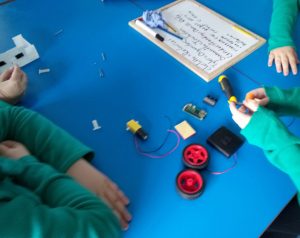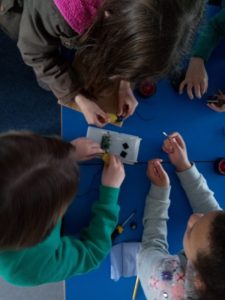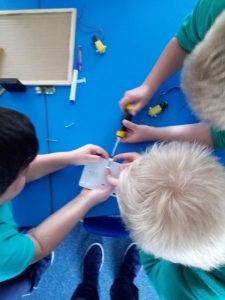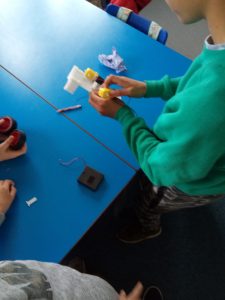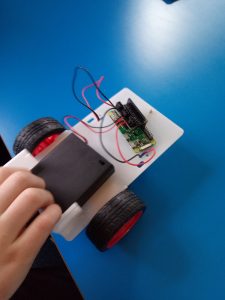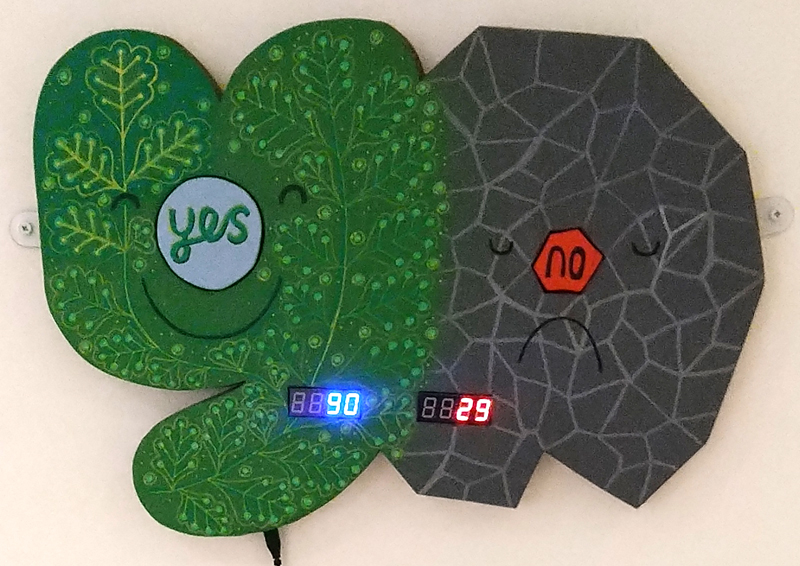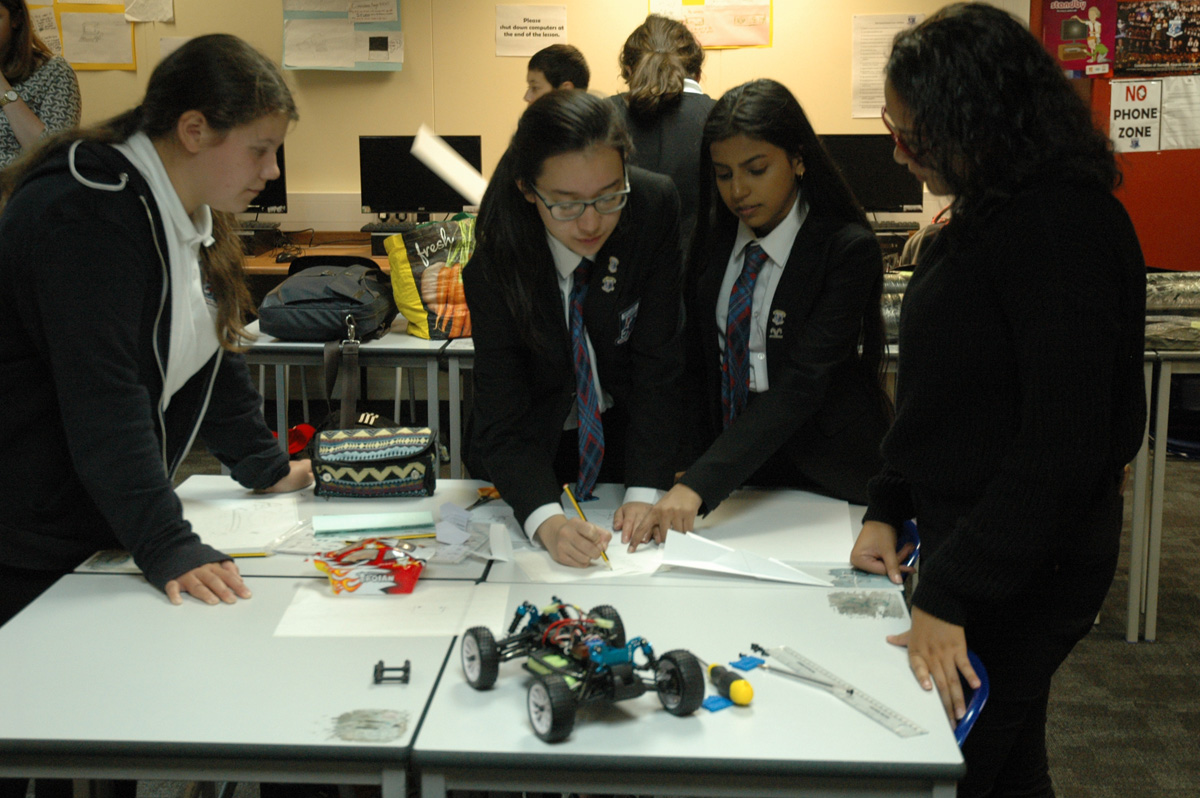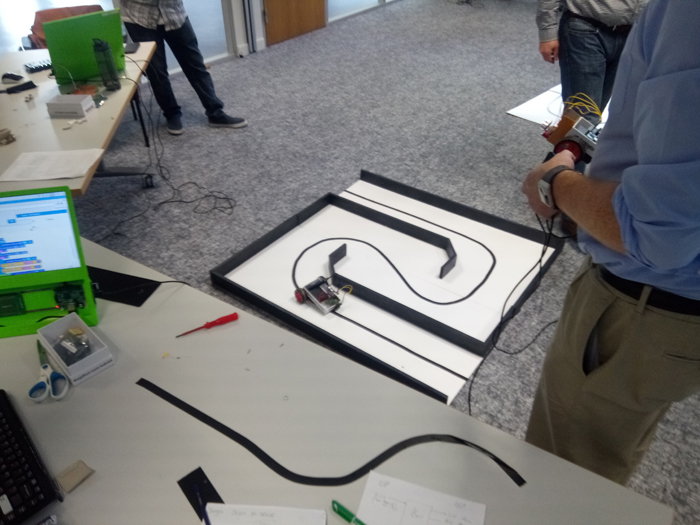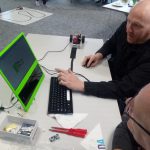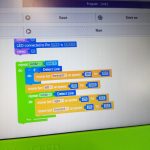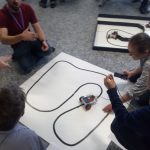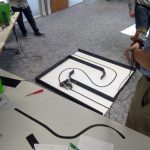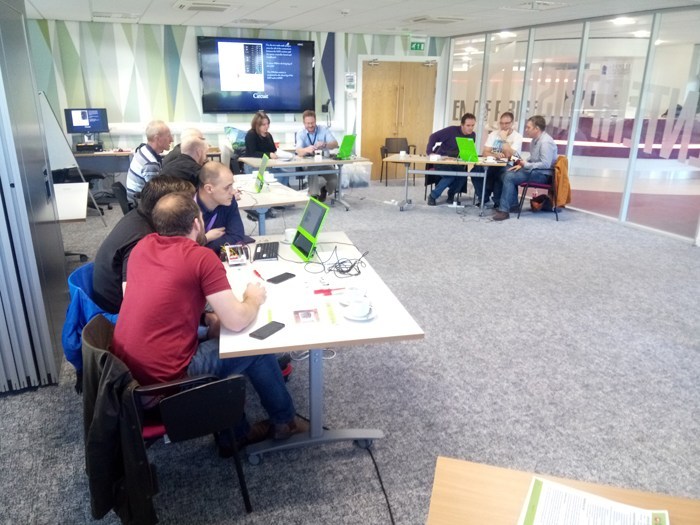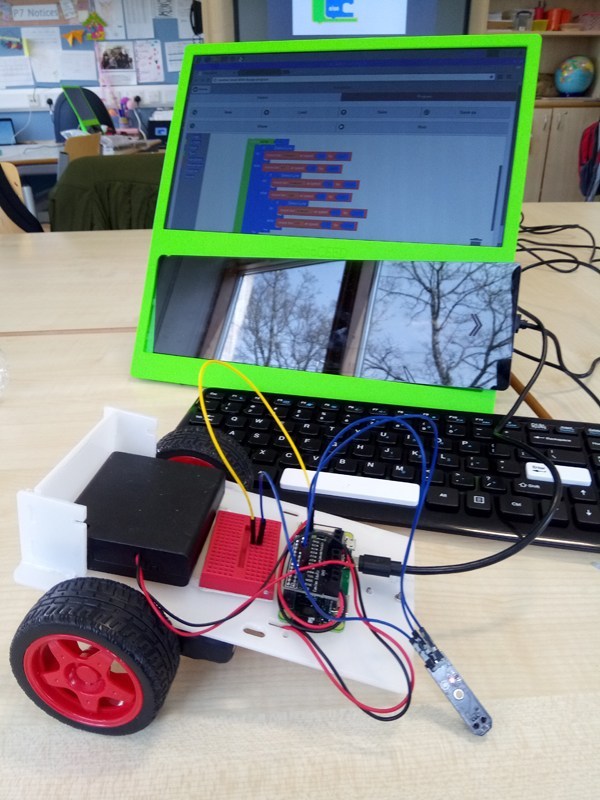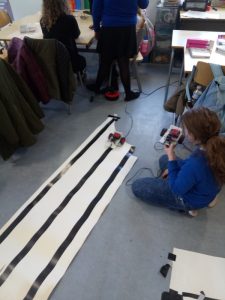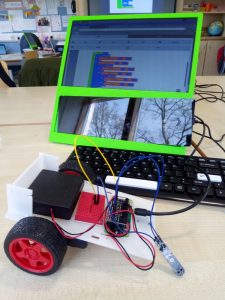Digital Maker CIC have started their 7 week course “Journey to Mars” in Riverbank Primary, Aberdeen.
We have previously run this workshop in St Peter’s, Woodside & Seaton Primary Schools, where pupils get hand on experience of electronics, computer programming, team work, design & engineering tasks, as well as experiencing critical & creative thinking, growth mindset, communication & problem solving.
The 7 weeks consist of, “scene setting”, where we discuss space travel, Scottish geography, NASA Mars exploration history, the solar system & anything the pupils bring up when shown the videos & images we bring. We then build a working Rover, working with CamJam robotics kits & laser cut PTFE chassis, the pupils have to construct & wire their robots from illustrations & trial & error. We love this task, as we see a lot of “Growth Mindset” creeping in, it always starts with “this is too difficult” to “yeah! look at our finished robot!”… emphasis on “trying” and making mistakes is key to our teaching philosophy. A lot of knowledge transfer can come form this task too, where pupils that complete the task early, ask to help others & show pitfalls & tips to complete their robots.
The following weeks, we design & build garages / habitats for our rovers from cardboard & MakeDo construction kits. We then explore making a simple program in a customised Blockly environment on the Raspberry PI to control the robot from a set start point to drive into the base, creating a repeatable algorithm. We learn about coordinates & instructions & what an algorithm is & does.
We then start introducing sensors & electronics to the kit, a line follower, an LED, a distance sensor… with around 4 weeks of deep learning & play / experimentation in using electronics & computer coding to control robotic tasks.
We have learned a lot ourselves when teaching this workshop & would like to thank all the schools that have had us so far, it’s really rewarding to see pupils surprising themselves with what they are capable of & enjoying challenging tasks.
